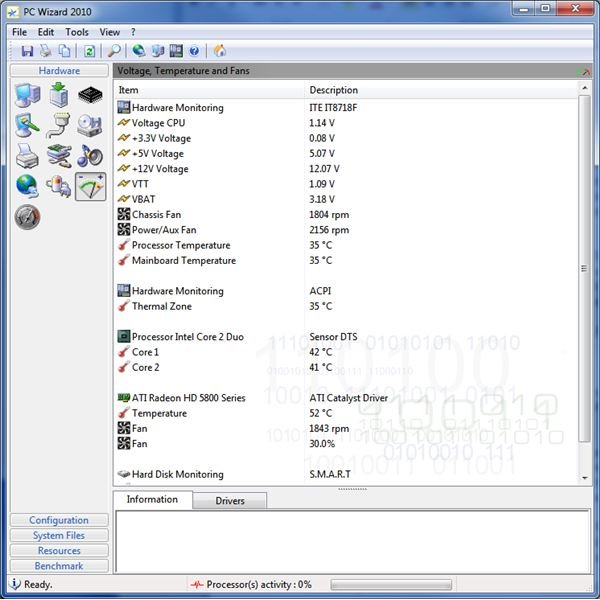
This issue does not happen with the Boon or Talent Tree window. *The only time this happens is in the Main Menu and the Inventory window. Large encounters with movement, shadows, lighting, spell effects, particles, ect has stable temperatures and fan speeds. Idling without Inventory open has stable temperatures and fan speeds. However, the Inventory menu should not be this hardware intensive and stressing GPUs.

This is where faulty GPUs became fried because they didn’t throttle and/or the fan controller was not functioning properly. There are currently a dozen threads about the Main Menu and in-game Inventory window pushing GPU utilization to 80-90% and ramping up temps to the throttling point. However, the game is consistently attempting to push components beyond acceptable ranges. I understand that there has to be a pre-existing fault with the GPU for the failsafe to not prevent damage. There are a growing number of reports of people’s GPUs being fried. Hopefully, you can get a general estimate of how well your CPU is being cooled.Edit: Technical Support thread is now pinned and Blues are actively gathering data.Įdit 2: Lowering your GPUs power to 80% seems to be helping maintain more stable temperatures.

We could write a book about monitoring CPU temperatures, but in the interest of keeping this easy to follow, we’ll leave it at that.
#CPU GPU TEMP MONITOR SCREEN UPDATE#
If you have a very new CPU, you may need to wait for an update to the program.
#CPU GPU TEMP MONITOR SCREEN DOWNLOAD#
Download the latest version to see if it fixes the problem. If you’re using an old version of Core Temp, for example, it may not support your CPU, in which case it won’t provide an accurate temperature (or possibly won’t even provide a temperature at all).


We recommend the “highest temperature” (instead of “all cores”, which will show multiple icons.) You can also customize the font and colors here. Notification Area > Notification Area Icons: This allows you to customize how Core Temp appears in your notification area (or system tray, as it’s commonly called.) You can choose to display just the app’s icon or display the temperature of your CPU.Display > Hide Taskbar Button: Again, if you’re going to leave it running all the time, this is good to turn on so it doesn’t waste space on your taskbar.Display > Start Core Temp minimized: You’ll probably want to turn this on if you have “Start Core Temp with Windows” on.But if you only need the app occasionally, it’s okay to turn this off. Turning it on will allow you to monitor your temperatures at all times without having to remember to start it up. General > Start Core Temp with Windows: You can turn this on or off it’s up to you.


 0 kommentar(er)
0 kommentar(er)
